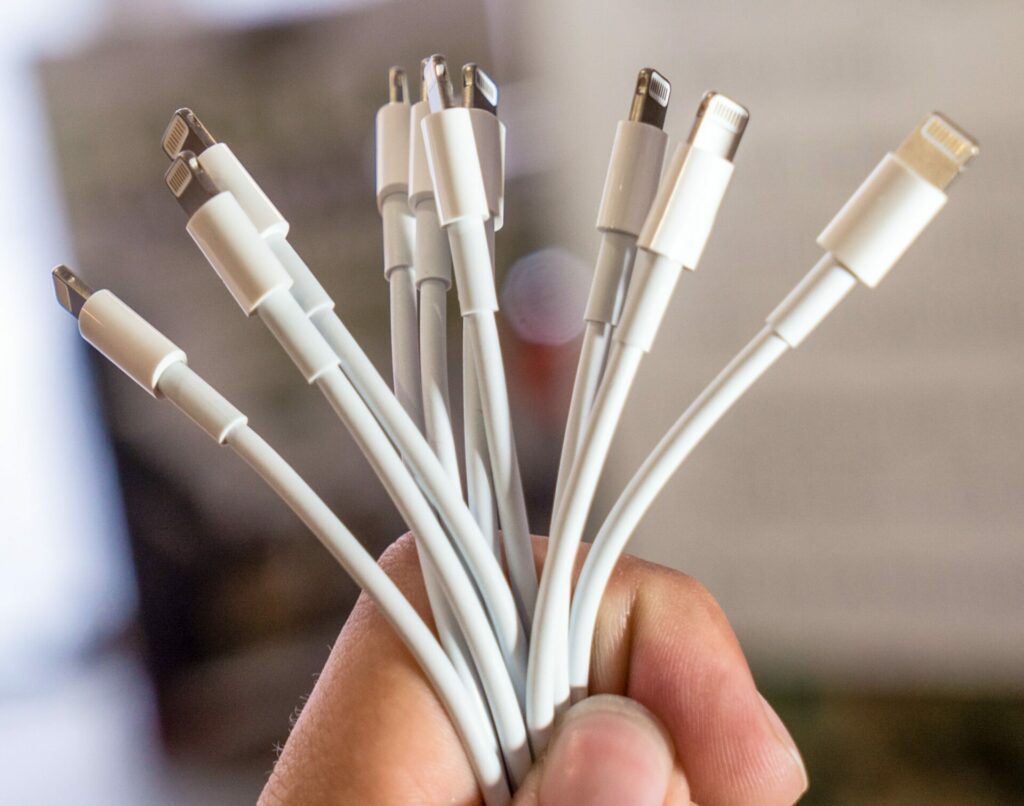As our lives become increasingly digitised, the profusion of electronic devices calls for a smörgåsbord of chargers to keep the show on the road. Thankfully, we are now a step closer to a common charger that would not only be more practical but would also save tonnes of cables.
On Wednesday, European lawmakers agreed on a proposal for a common charger at the Internal Market and Consumer Protection Committee meeting. In a show of unity, the legislators agreed on fewer unnecessary cables and charges, a standard USB Type-C port for portable devices and harmonisation for wireless charging.
Universal common chargers "will help the environment, promote the re-use of old electronics, save money and reduce unnecessary costs and inconvenience for businesses and consumers," said S&D rapporteur Alex Agius Saliba.
Related News
- Europe one step closer to a 'universal charger' system
- Trainees will be running the Czech EU Presidency this summer
The new rules will save consumers from purchasing a new charger for each new device. The standardised charger will be a USB Type-C port that is compatible with smartphones, tablets, digital cameras, headphones and headsets, handheld videogame consoles and portable speakers, regardless of the manufacturer.
Coming soon?
It may still be some time before the charger hits the market. When the legislation is completed, the industry will have a transition period before consumers can get their hands on it. However, MEPs are keen to get things going.
"We waited long enough, it’s been 10 years in the making," said EPP shadow rapporteur Andrey Kovatchev, who doesn't anticipate much resistance from the Council or Commission.
MEPs had to push the Commission into creating a proposal for the common charger 10 years ago. The Commission had wanted the industry to implement the changes to their devices on a voluntary basis. Many didn't, including Apple, who argued that a common charger would stifle innovation. Regulation is therefore needed, according to Chiara Giovannini from Anec, a consumer organisation.
Legislation is crucial
Institutions are now eager to come to an agreement. "The French Council Presidency has the ambition to close down the file under the French presidency, but for us the most important thing is the level of ambition not closing down," stressed Agius Saliba.
Giovannini believes the earliest we will see the common charger is in 2024 although the institutions aim to finish the bill by the end of 2022.
But "if the legislative process is delayed then everything else will be delayed," Giovannini noted, pointing to how the Czech presidency may have other priorities when it gets the rotating Council Presidency in the second half of 2022.

